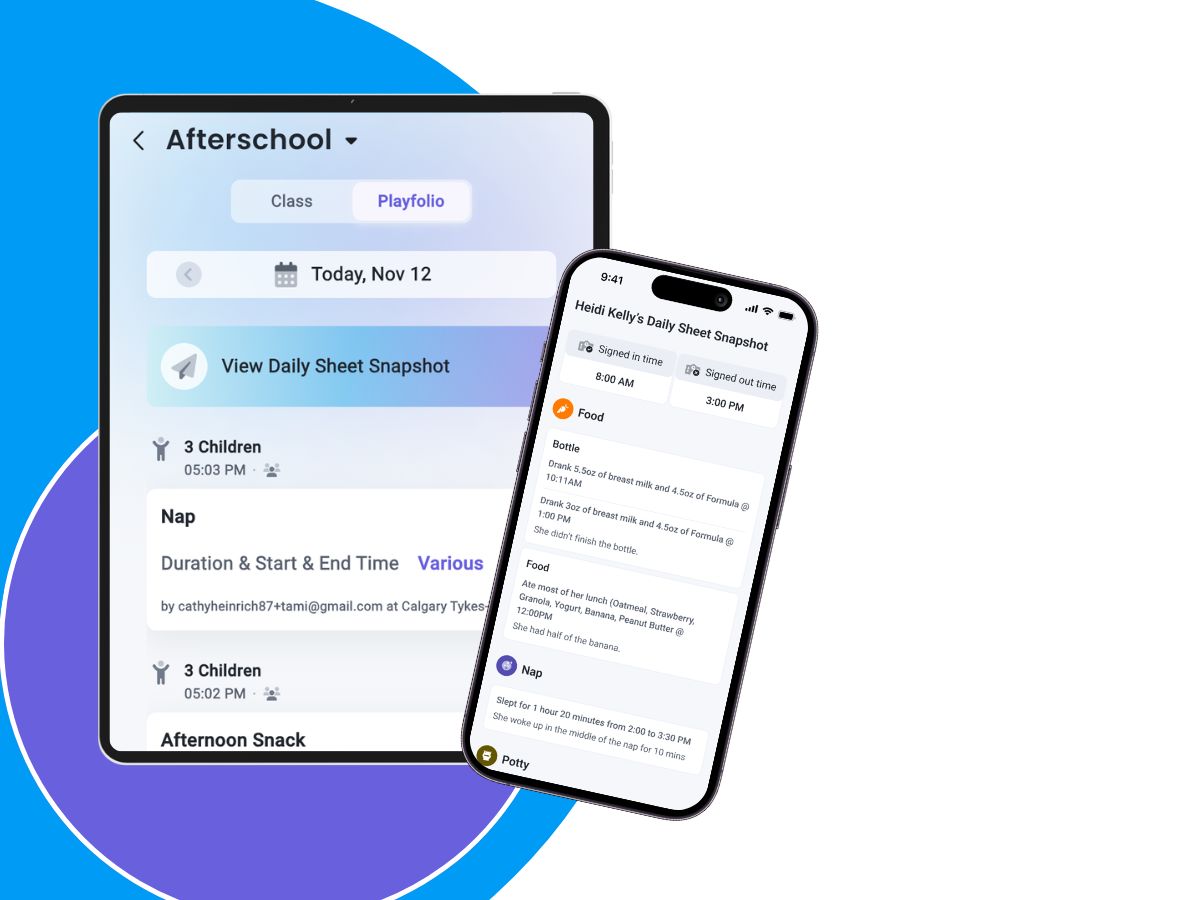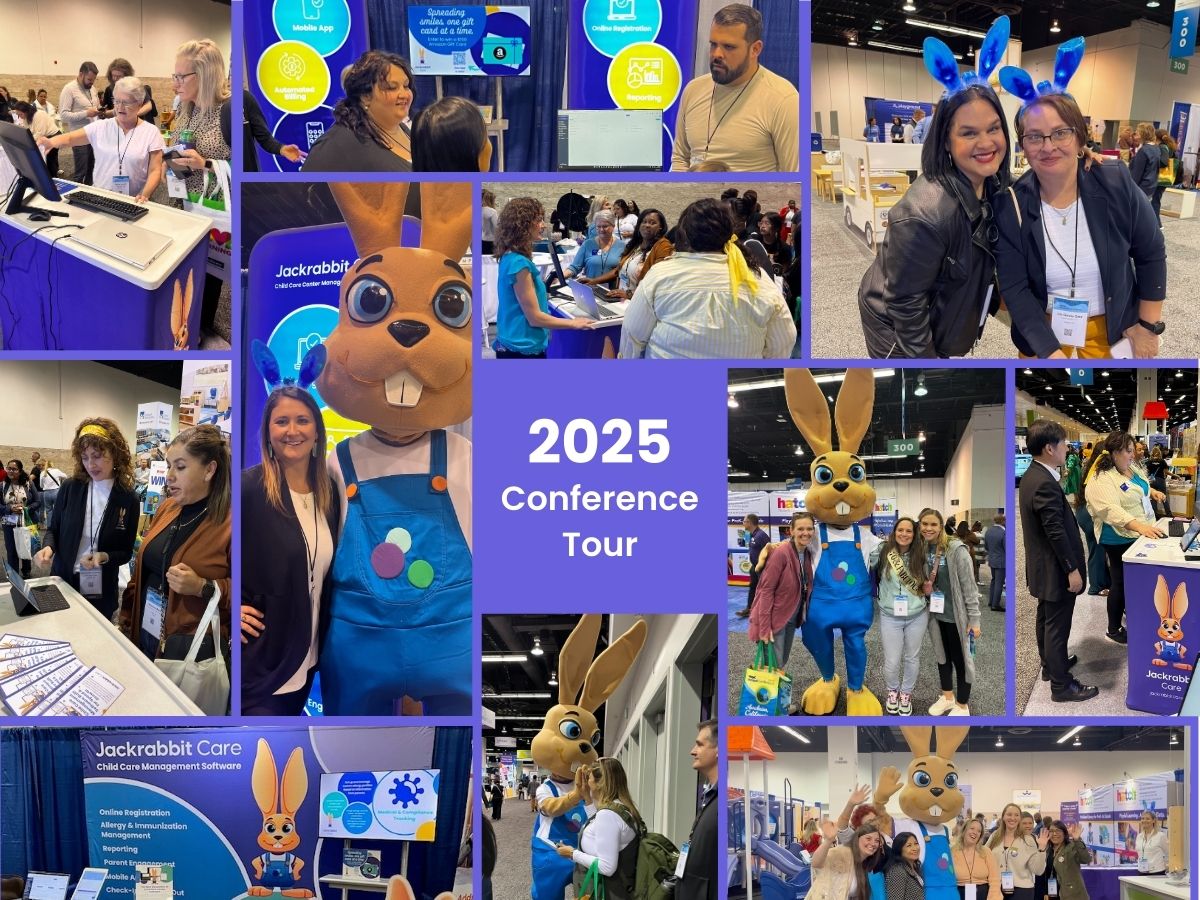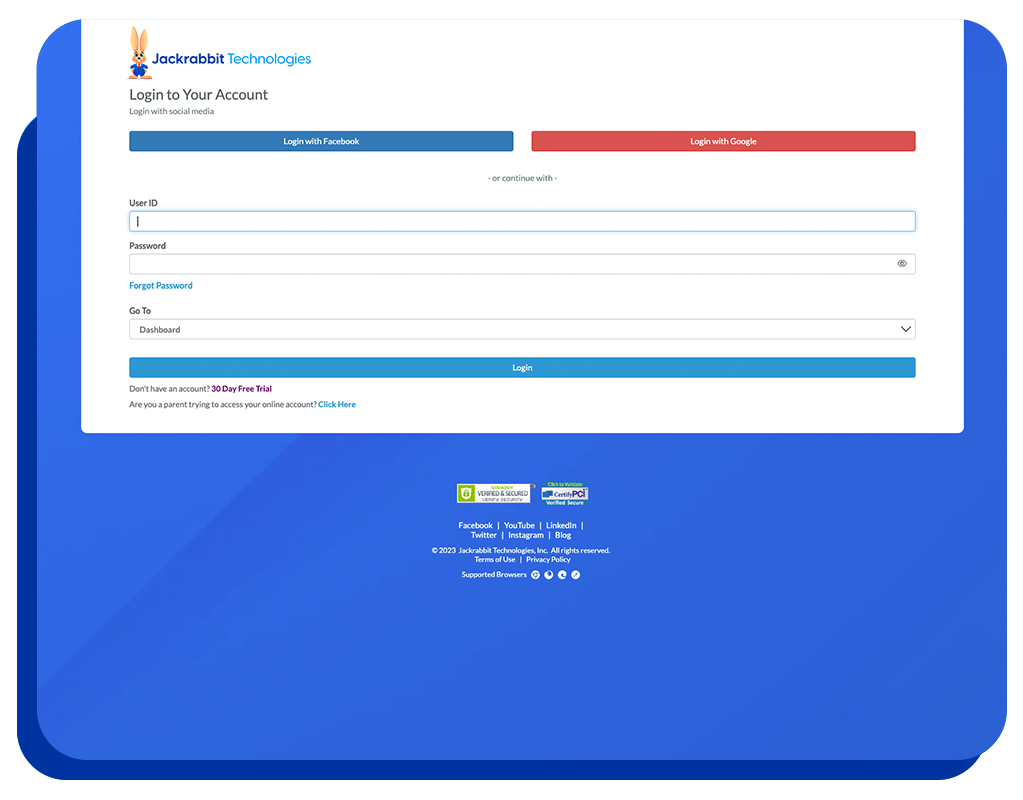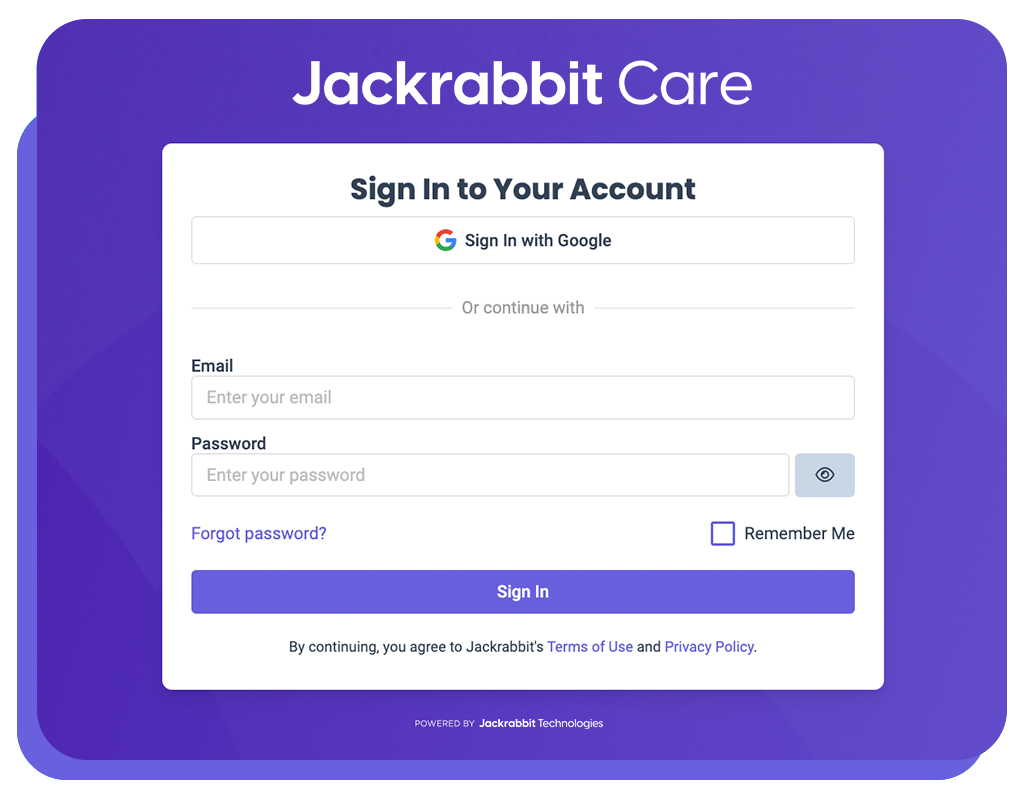Parent Teacher Conferences are a good opportunity to learn more about the child and to build or improve your relationship with parents.
You most likely have important information for them: Issues with Tyler’s temper or new progress made by Julia. Concerns with Martha’s speech delay or an attitude turnaround by Davey.
The news can be encouraging or disheartening, but regardless if which, it is important to the people sitting across from you. Before you come to this, it is important to establish an open line of communication and friendly rapport through daily informal conversations. These communications are less structured and help to build the parents’ confidence in you and your honesty. It will also help you to understand the best ways to reach them. You can then set the stage for more successful structured meetings.
Planning the Meeting
While planning your structured meeting, it is crucial to be sensitive to the fact parents may come to the table with many different values and concerns – that may not be similar to yours. A parent’s own cultural background and childhood are strong influences on their expectations for their child’s development and behavior. You need to communicate respect for this as to promote an open dialog about the care of their child.
Establishing the Tone
Even if your discussion revolves around concerns about a child, it is important to establish a positive tone for the conference. Find a time and place that is comfortable for everyone and start out with a positive remark or anecdote regarding the child’s daycare experience. Focus on the child’s abilities and competencies. Using terms such as “needs further assistance”, “is experiencing difficulty”, “is now working on this skill” helps to keep a positive tone.
Encourage Input
Parents are your most valuable resource in learning how to best meet the child’s needs. If there is a specific concern, it is critical that you work together with the child’s parents to develop a solution. By planning a specific action plan and a plan for following up on progress, you also reinforce the idea of a partnership.
Close with a Positive
As the meeting concludes, encourage the parents to come back to you with questions or concerns. Just as you began, end the meeting with a positive thought about the child. This will let the parent leave the meeting knowing their child is well cared for and is a welcomed participant in your program.















